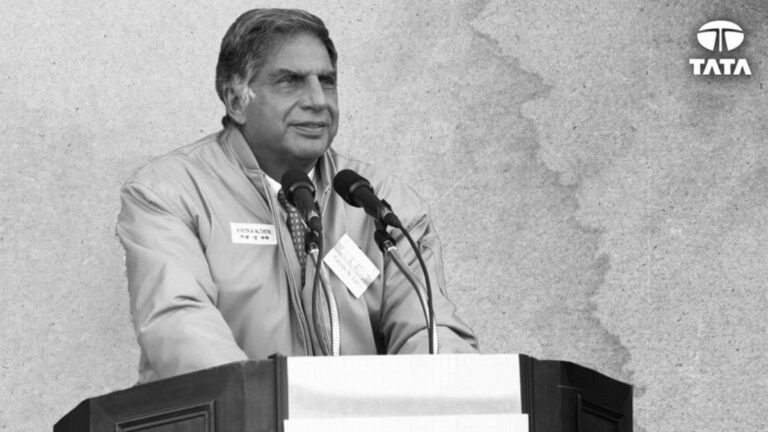On Saturday, the Securities and Exchange Board of India (SEBI) made it clear that it has no plans to impose any regulatory measures on family offices, directly refuting recent claims made by various media outlets.
In a formal announcement, the financial regulatory authority described these claims as “factually incorrect” and reassured the public that there are currently no proposals under consideration regarding this matter.
“SEBI has noted that certain media outlets have reported on the potential for regulatory oversight of family offices. These reports are not accurate. At this time, SEBI is not investigating or pursuing this issue,” the market authority stated.
On October 3, multiple news sources suggested that SEBI was contemplating the inclusion of family offices—private investment entities that manage the wealth of affluent families—within a regulatory framework.
A family office functions as a private wealth management firm, delivering a comprehensive suite of financial and investment services tailored to the needs of high-net-worth individuals or families.
Distinct from conventional wealth management firms, family offices provide an extensive array of personalized services, which can encompass investment strategy, tax optimization, estate planning, philanthropic endeavors, and in some cases, lifestyle management and concierge services. Their primary objective is to safeguard and enhance family wealth over generations.
Family offices can be categorized into two primary types: Single-Family Offices (SFOs), which are dedicated to serving the financial interests of a single wealthy family, and Multi-Family Offices (MFOs), which cater to multiple families, offering shared services to help reduce overall costs. In India, the concept of family offices is gaining momentum, particularly among business dynasties and startup entrepreneurs, as they seek structured and professional approaches to managing their personal wealth.
A recent report by EY and Julius Baer pointed out that while a quarter of Indian family offices remain focused on wealth preservation, a growing number are actively exploring diversification into global and alternative asset classes.
This report underscores a significant evolution in the strategies employed by India’s ultra-high-net-worth families as they seek to diversify and manage their wealth effectively for growth and governance.
For more insights, check out our article on how festive demand is influencing auto sales in September.
















